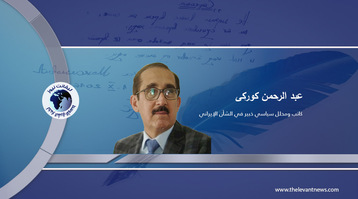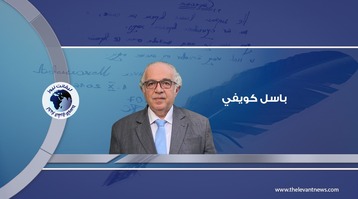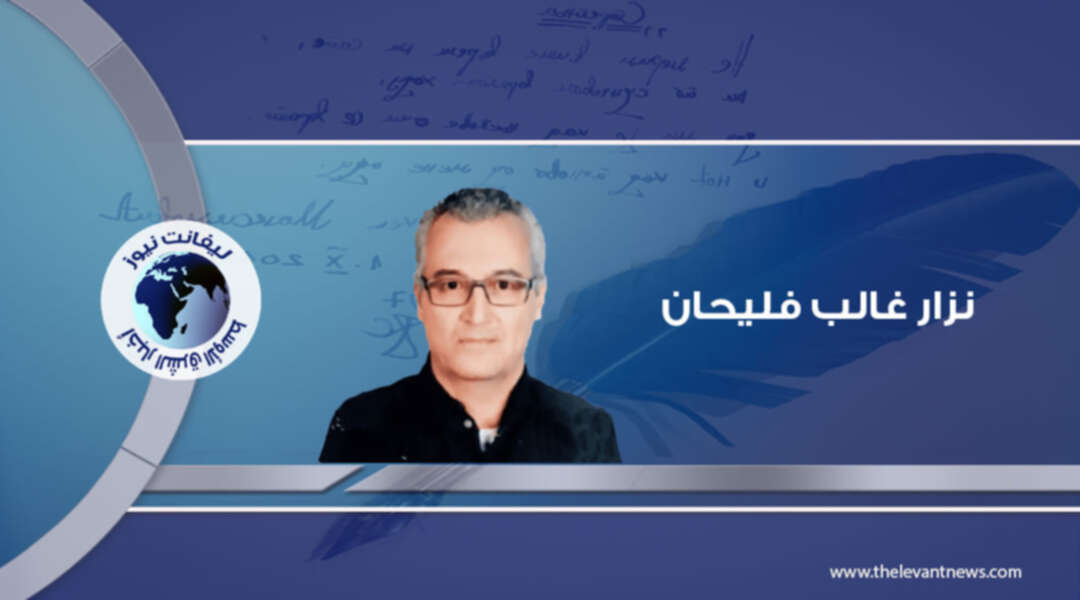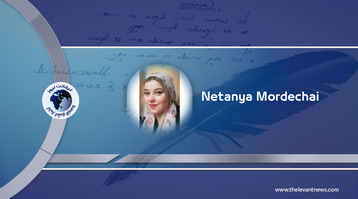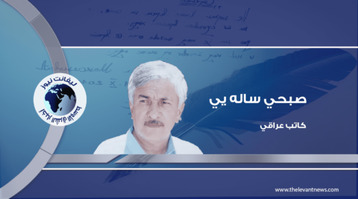-
The ‘Syrian Constitutional Committee’ was born dead
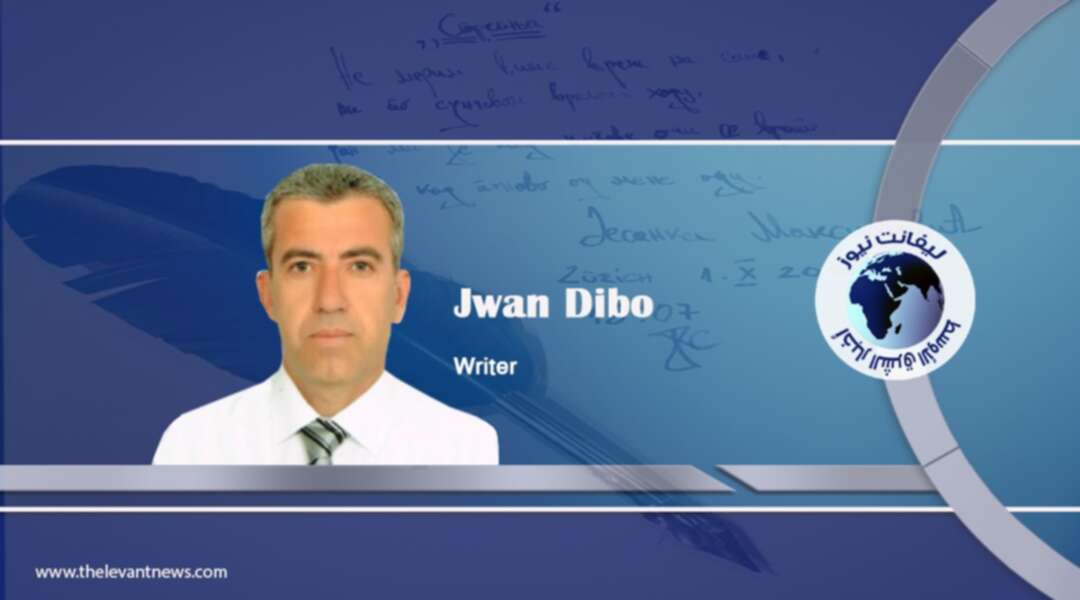
The proposal of the Syrian Constitutional Committee can be traced back to the United Nations Security Council Resolution 2254 which was issued in 2015. The resolution calls for an immediate ceasefire between the state and non-state players in Syria and adopting a political settlement. After six years of the issuance of the UN resolution and 17 months of the first meeting of the Constitution Committee, no progress has been made.
On 9th February, the UN Security Council announced in a joint statement that “Unfortunately, despite five rounds of discussions over the past year and a half, we regret that no substantial progress has been made at these meetings towards the drafting of a constitutional reform in line with Security Council Resolution 2254".
Following the UNSC statement, the top U.N envoy for Syria, Geir Pedersen, told journalists that “The current divisions in the international community need to be bridged". He explained that without a constructive international diplomacy on Syria, it is unlikely that any development will be achieved, neither on the constitutional track nor on any other track.
The current intractability in which the so-called Syrian Constitution Committee has entered brings us back to square one, which is the theme of political transition in Syria. Political transition or political solution to the Syrian impasse based on UNSC 2254 is not possible for many reasons.
When Russia, Bashar Assad regime’s main ally, voted for 2254 resolution in December 2015, the balance of power on the ground was tilted in favour of the Syrian rebels, not the regime. Therefore, Russia was forced to sign the resolution to save its exhausted partner and rehabilitate him again, by changing the balance of power in his favour gradually. Simply put, it was a tactic move by Russia in order to be able to switch the map of influence again in favour of its coalition in Syria, and it did it successfully.
Russia is not convinced yet about a political solution in Syria based on the global resolution 2254, especially, after the balance of power has changed in its favour. Or at best, Russia will support a political solution based on its perspective and strategy. All states, especially, the superpowers are not charities supporting their allies for no return. When the U.S removed Taliban from power in Afghanistan in 2001, thereafter, it imposed a form of government that was closest to Washington's interests and agendas.
Pedersen was clear in his statement when he clarified that without a cooperation and coordination between international community over the Syrian dilemma, it will not be solved soon. The international envoy was referring mainly to Russia and U.S. But history does not contain examples indicating that two great powers were together in a country that witnessing a civil war and then agreed to end that war in favour of political solution.
The prospects for the success of the Constitutional Committee are almost non-existent because the basis is fragile and defective. Consequently, wrong introductions lead only to wrong results. Russia will not make any fundamental concessions regarding the future of political system in Damascus. Particularly, it now controls more than two-thirds of the territory of Syria. Another reason behind Russia's rigid position is America's indifference and the absence of a clear American strategy regarding the future of the conflict in Syria.
The Syrian Constitutional Committee was born dead or at best was born deformed and paralysed because the origin that is resolution 2254 is distorted and powerless. The resolution 2254 regarding a cease-fire in Syria and the initiation of a political solution is outdated and no longer valid for the time being after the balance of power on the ground changed in favour of Russia and Assad regime.
The branches of the UN resolution 2254, such as the Constitutional Committee, are not liveable. Therefore, it is inevitable to search for new formulas for solutions to the Syrian crisis that are compatible with the new balance of power. Surely these formulas will be in favour of the tyrants and demons in Moscow and Damascus. But what is the alternative in light of the eternal absence of angels in the realms of politics, diplomacy and international relations?
Jwan Dibo levant
You May Also Like
Popular Posts
Caricature
opinion
Report
ads
Newsletter
Subscribe to our mailing list to get the new updates!


